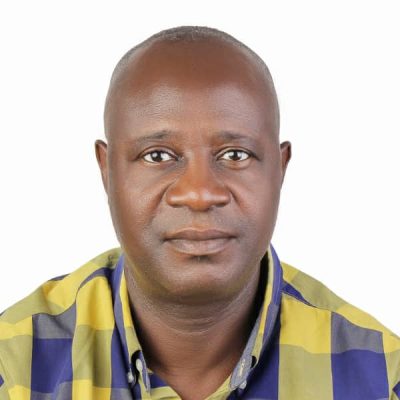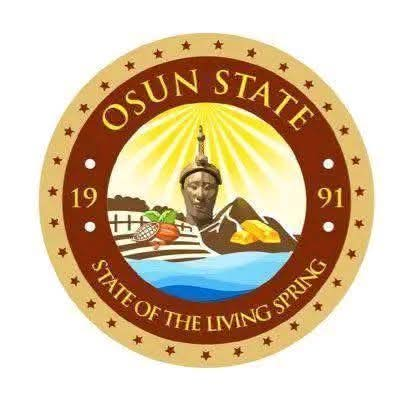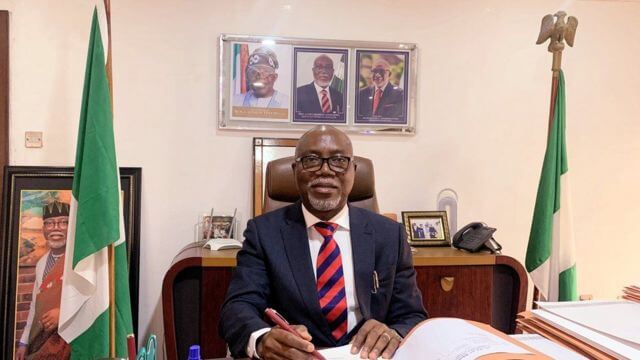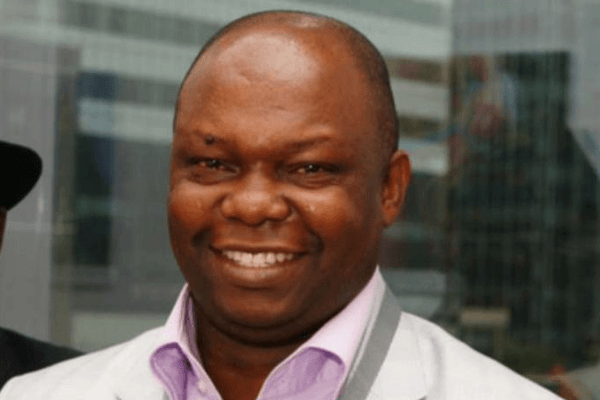In modern governance, effective communication is a cornerstone of democratic engagement and public trust. As governments face increasing scrutiny and rising expectations, skilled communicators within public administration have become more essential than ever.
Structured public relations training for government officials can significantly enhance communication capabilities, fostering positive perceptions of governance and strengthening relationships with citizens.
The Need for Public Relations Training
Government officials often serve as the first point of contact between the state and its citizens. In today’s fast-paced digital era, where information spreads rapidly, their messages are subject to immediate scrutiny and feedback. Unfortunately, many officials lack formal training in public relations, leading to miscommunication, confusion, and potential damage to public trust.
Public relations training equips officials with essential skills such as crisis management, media relations, and effective messaging—critical tools for navigating complex communication challenges.
Building Trust Through Effective Communication
Governance thrives on clear, transparent, and persuasive communication. When government officials articulate their messages effectively, they do more than share information—they build trust and credibility within their communities. This trust fosters citizen engagement and reduces political apathy.
Studies indicate that public perception of government is closely linked to communication quality. Research by the Pew Research Center shows that negative perceptions often stem from poor communication, while effective messaging can shift public opinion, improve policy acceptance, and foster a collaborative relationship between citizens and government.
Key Components of Public Relations Training
To maximize the benefits of public relations training, a structured framework should include:
- Media Relations: Training officials on building productive relationships with journalists and effectively engaging with the media.
- Crisis Communication: Preparing officials to manage communication during crises through timely updates and empathetic messaging.
- Public Engagement: Teaching officials how to interact with communities using social media, town hall meetings, and direct outreach.
- Message Development: Helping officials craft clear, coherent, and compelling messages that resonate with diverse audiences.
- Feedback Mechanisms: Establishing protocols for monitoring public sentiment and adapting communication strategies accordingly.
Success Stories in Public Relations Training
Governments worldwide have seen positive results from public relations training programs. In Scandinavia, regular PR training for public officials improved emergency communication and increased citizen satisfaction. Officials trained in media literacy successfully influenced narratives, enhancing public confidence in government initiatives.
At the local level, cities that implemented PR training for officials reported higher citizen engagement and participation in governance. This demonstrates that effective communication strengthens democracy by fostering a well-informed and active citizenry.
Conclusion
In an era of declining public trust, investing in public relations training for government officials is a strategic necessity. By fostering essential communication skills, governments can proactively address public concerns, manage crises effectively, and promote transparency and trust.
As nations navigate complex societal challenges, prioritizing communication excellence will distinguish successful governance from ineffective leadership. Public relations training is not just an administrative tool—it is a vital strategy for the future of democratic governance.
*Dr. Afolabi Olajuwon is a Fellow of the Nigerian Institute of Public Relations, the Institute of Management Consultants, and the Chronicle Business School, Abuja. He is also a researcher and resource person at the International Institute of Journalism, Abuja.





